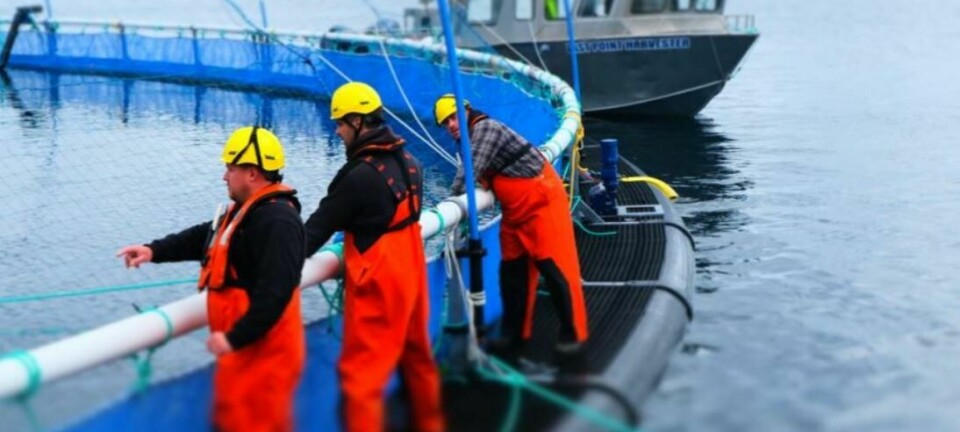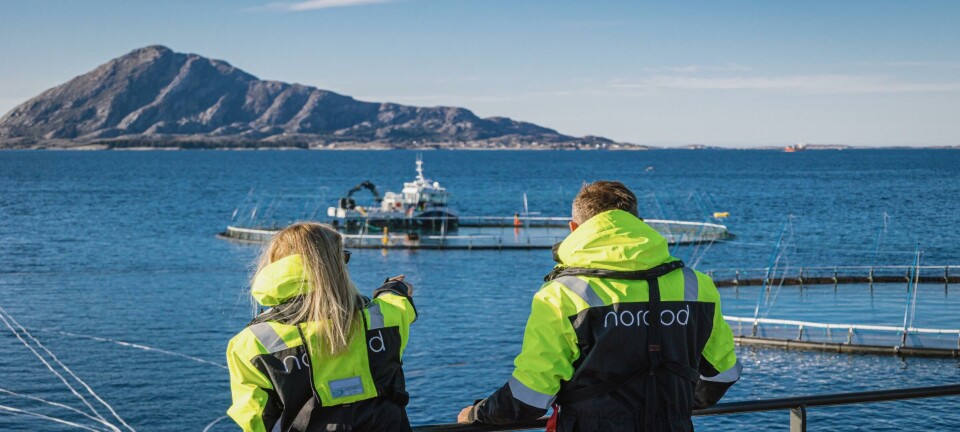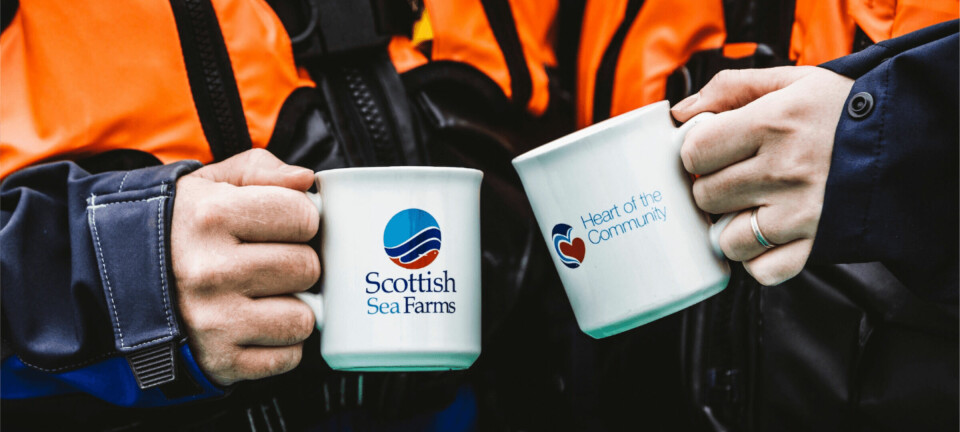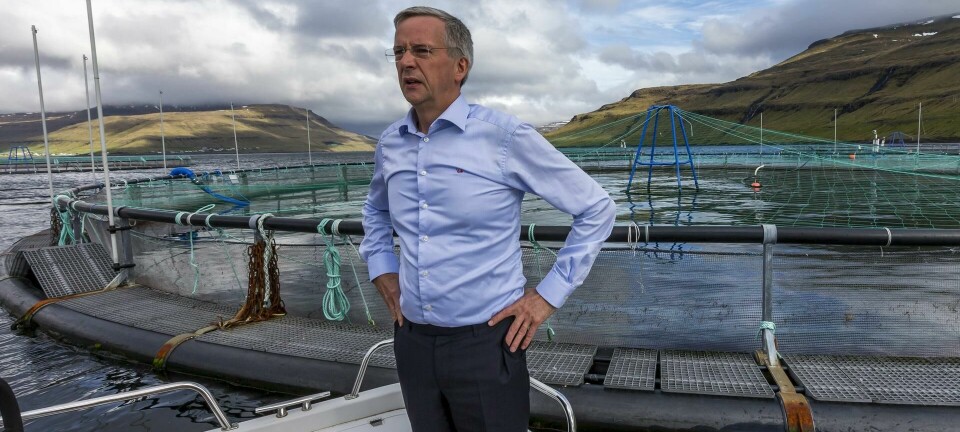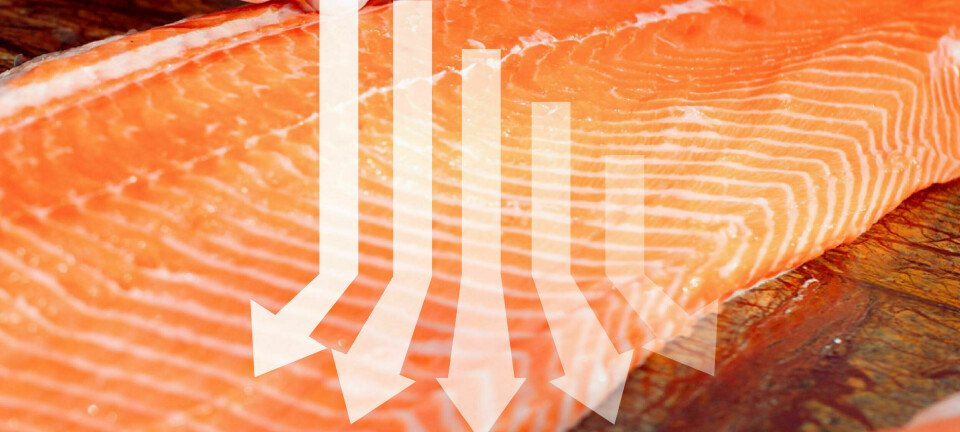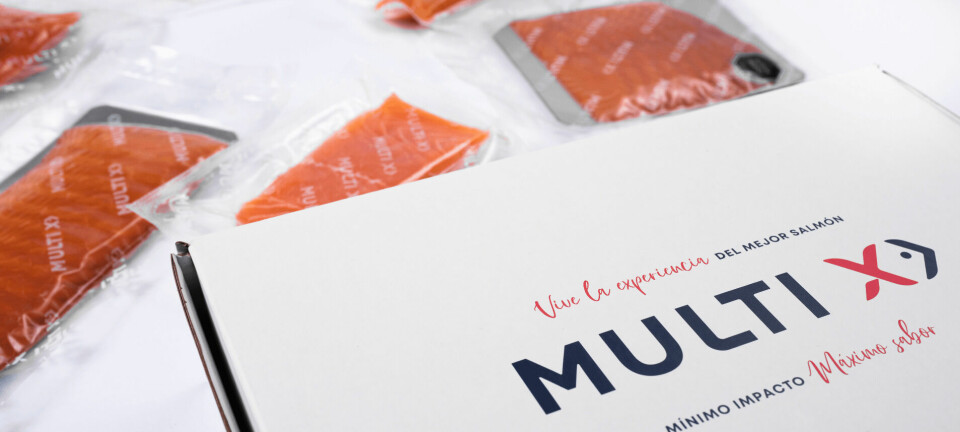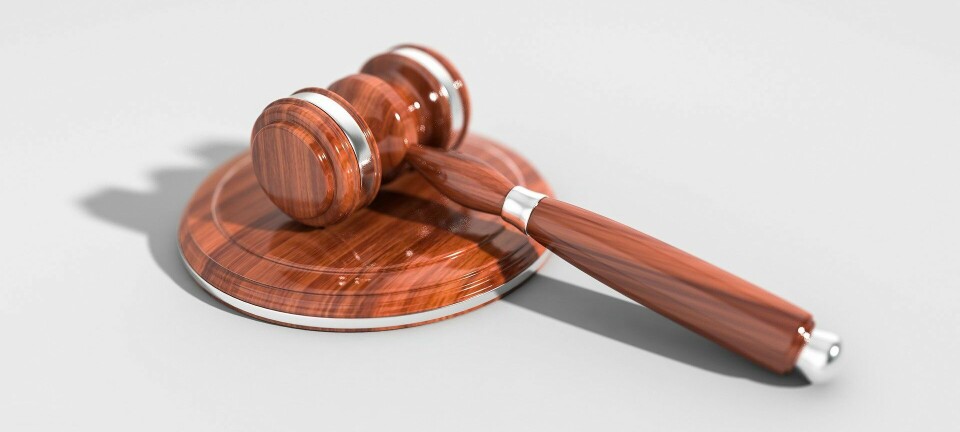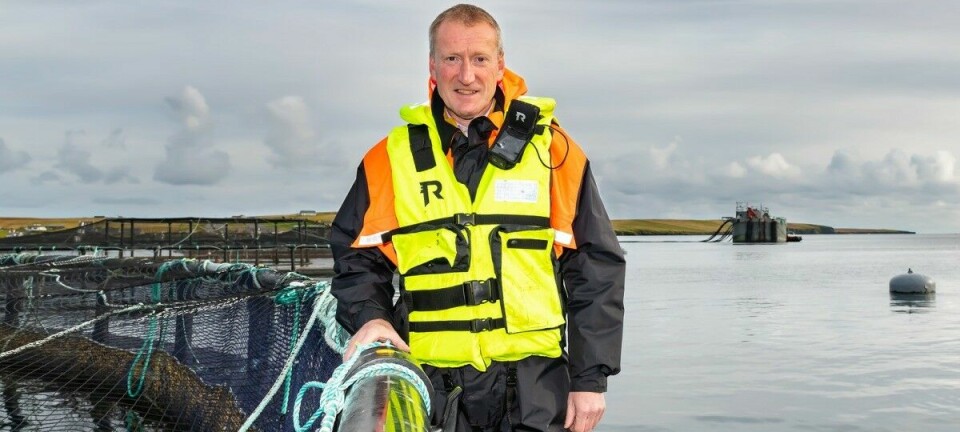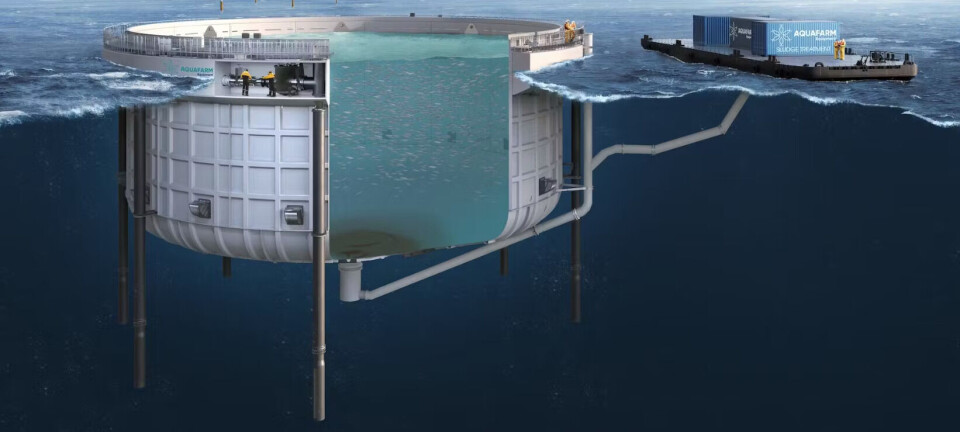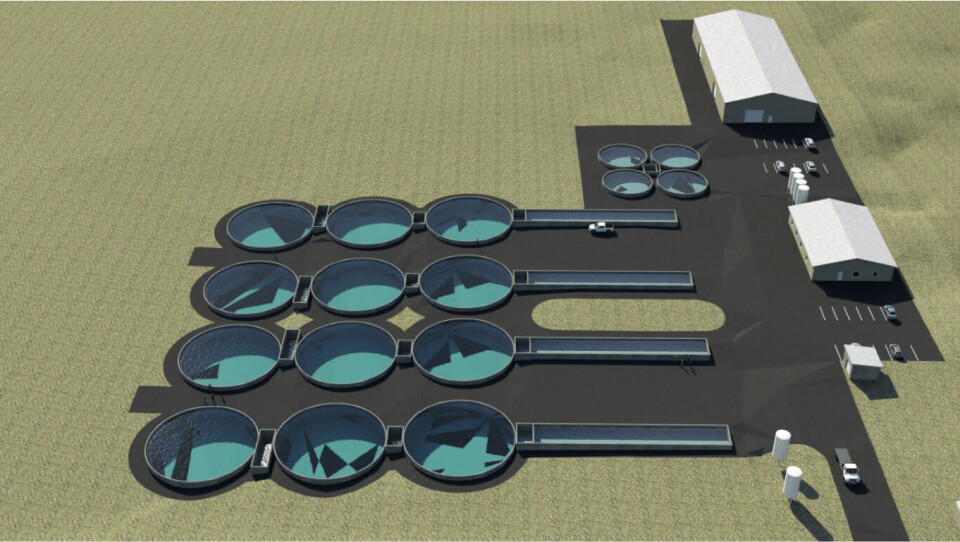
Char farm lands whopping investment
Aqua-Spark has pledged to invest $2.5 million to help the Icelandic char producing company Matorka increase its production from 50 to at least 1500 tonnes per year.
Established in 2013, in a bid to make the aquaculture industry more sustainable, Aqua-Spark is contributing nearly half of the $5.5 million raised by the Icelandic producer’s recent funding round.
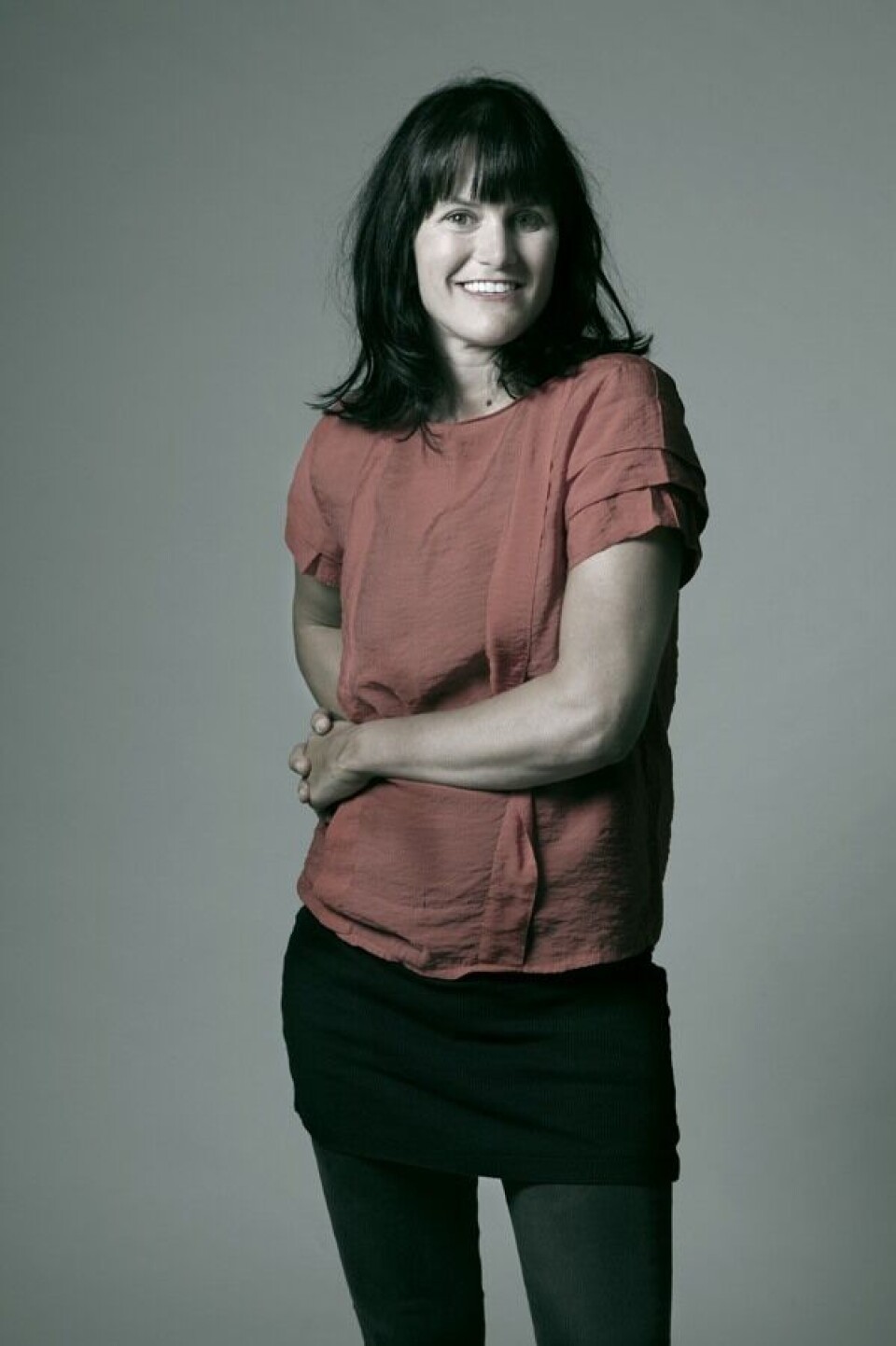
Amy Novogratz, Managing Partner of Aqua-Spark, explains to Fish Farming Expert: “Creating momentum around a sustainable alternative to salmon is important to us so we’ve been considering an Artic char investment for some time. Matorka stood out as the right partner because of our aligned values – for example, their access to geothermal energy and their respect for Iceland’s natural resources, which combine to mean that they can produce fish at an excellent price; the fact they only use fish by-products in their feed at the moment, and ultimately aim to entirely replace fishmeal in their feeds; and their overall vision for healthy, ecological fish farming.”
“With this investment, Matorka will be able to begin the first phase of construction of a new site in Grindavik by the end of the year, while updating their two current facilities, which will allow them to bring production volume to 1500 tonnes. They then aim to raise production levels to 3200 tonnes by 2018,” she adds.
Expansion plans
Árni Páll Einarsson, CEO of the Icelandic firm, is thrilled by the investment, as he explains to Fish Farming Expert: “We have been looking for expansion funding for the last 2 years, and found the perfect match with Aqua-Spark.”
It has come at the right time, and fits in well with their expansion plans.
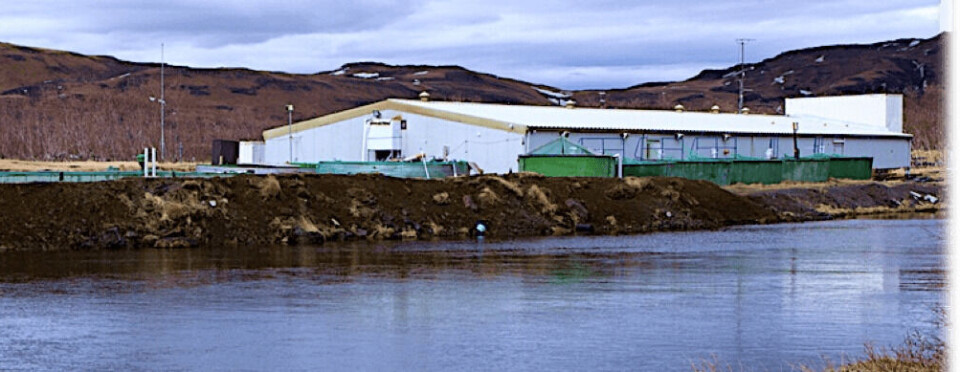
“The company was founded in 2011/12, and for the last 4-5 years we have only been producing 50-60 tonnes of char per annum. The company did, however, not want to expand production locally, but instead entered a phase of research and analysis on where we could achieve the best economies of scale and best possible cost and logistics structure,” he continues.
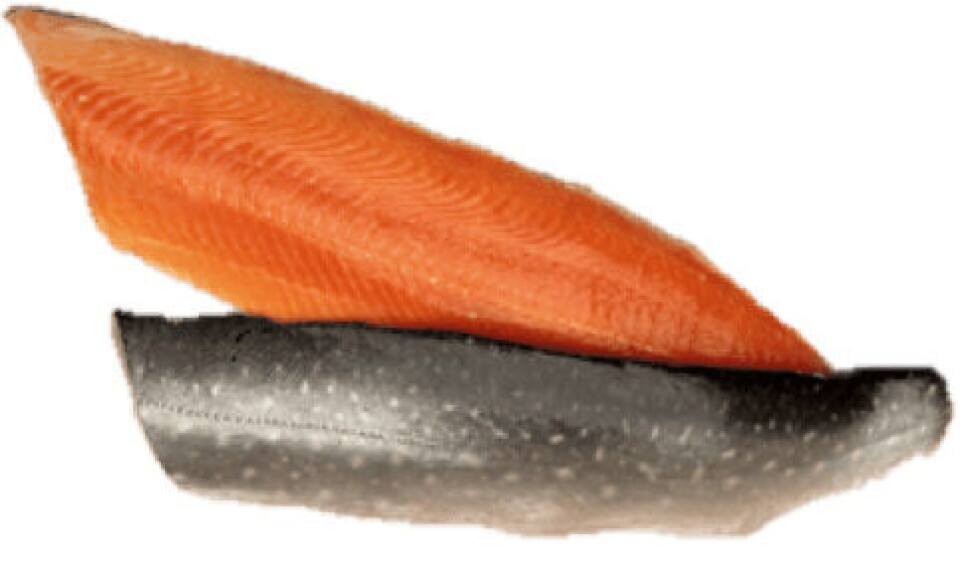
The rest of the $5.5 million has come from “various international and local investors”, says Árni. And, as they increase production levels, they will also raise their number of employees from 8 to 25 (including processing and hatchery operations).
To achieve this growth, they will need to construct six 1600m3 circular grow-out tanks and two 350m3 raceways, while their plans to reach 3200 tonnes would require this to be doubled. In addition to the above, the company currently owns and operates its own hatchery and separate grow-out site, which has a 350 tonne standing biomass licence.
“Eggs are sourced from the University of Holar, which has a long history of a strong genetics/breeding programme,” says Árni. “And the fish take 20 months from hatch to harvest, on a diet of locally-produced Arctic char feed.”
Future investments
The exciting news for the rest of the global aquaculture industry is that Aqua-Spark plans to deliver funding to several more projects before 2016 comes to an end.
“We hope to make five additional aquaculture investments before the end of the year. We invest all across the value chain – from feed Ingredients, to disease battling, to farming operations,” Amy reveals.
Unfortunately for salmon producers, however, it seems they aren’t likely to benefit from this funding.
“We aren’t likely to invest in salmon farming anytime soon, but are always on the lookout for industry game-changers,” adds Amy.
To date, Matorka is the third producer which Aqua-Spark has invested in – the two previous ones being the Norwegian halibut producer Sogn Aqua and Chicoa, which produces tilapia in Mozambique.

